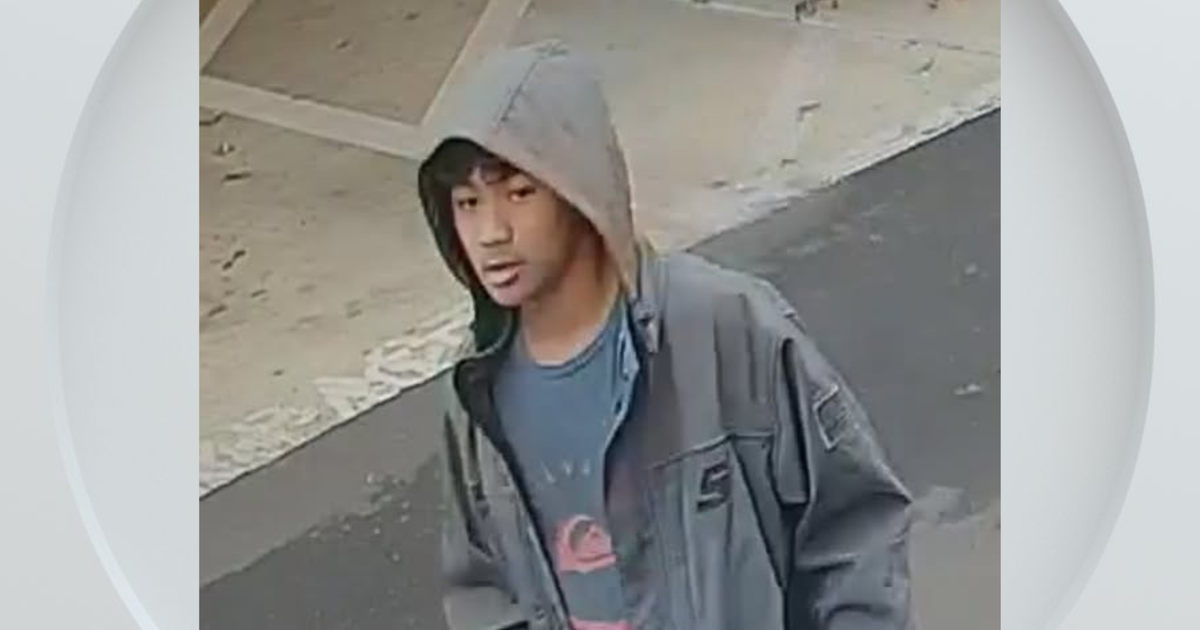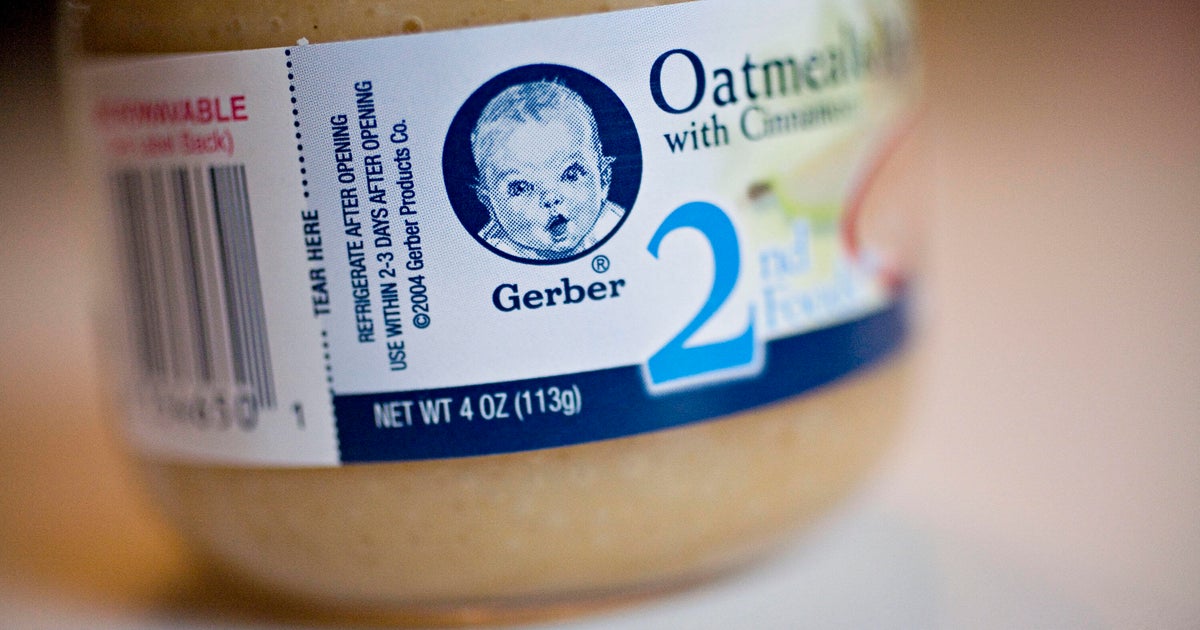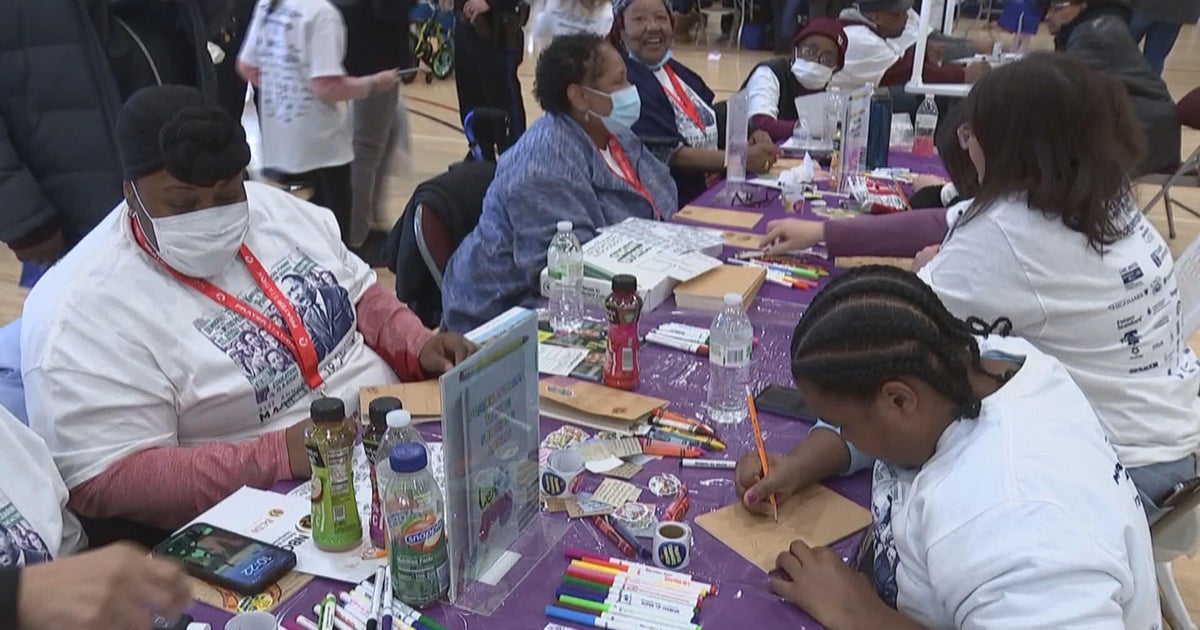Expert Says Constant Exposure To Videos Of Police Brutality Can Lead To Toxic Stress, Psychological Trauma
BALTIMORE (WJZ) -- Adults aren't just working to deal with the stress from COVID-19, but also the stress of racial inequality. Mental health experts say it's important you learn how to cope with it all.
For generations, racism has plagued society, but the death of George Floyd in May has once again brought racism into the national conversation and triggered worldwide protests.
It's putting a mental strain on those watching closely.
"Exposure to traumatic content can be triggering even for individuals who are not experiencing it," Brittany Patterson, an assistant professor at the University of Maryland School of Medicine, said.
During a two-part series about mental health and institutional racism, Patterson said there are three types of racism that exist: individual, institutional and structural.
The constant exposure from technology and online videos of police brutality can lead to toxic stress and psychological trauma.
"You essentially experience the trauma as your own because you identify with the group and you can easily see how you yourself can be at risk," she said.
Doctors said mental health effects can be long term and lead to heart issues or a shorter lifespan. Patterson said although the conversations can be difficult and hard to have, they must happen for society to grow.
"Learning about trauma takes some time and we're still on a mission," Patterson said.
When it comes to having conversations with kids, she said it's important to have an open, ongoing conversation to help them process what is going on.







